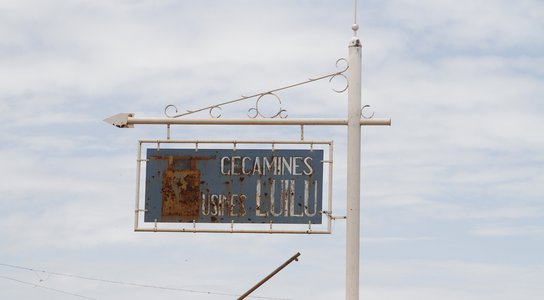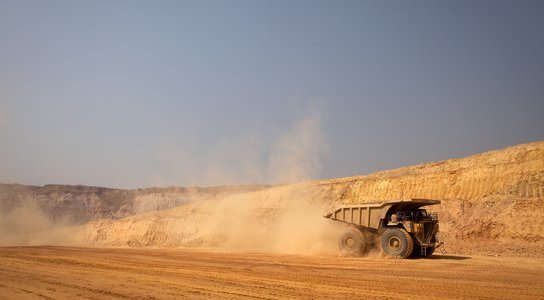More than $750 million of mining revenues paid by companies to state bodies in the Democratic Republic of Congo was lost to the treasury between 2013 and 2015.
Instead, the money disappeared into a dysfunctional state-owned mining company and opaque national tax agencies.
There is no clarity on what this money was spent on or where it ended up, but testimony and documentation gathered by Global Witness indicates that at least some of the funds were distributed among corrupt networks linked to President Joseph Kabila’s regime.
The main culprits
- Congo's state mining company Gécamines and national tax agencies
A toxic combination of corruption and mismanagement in Congo’s revenues agencies and state mining companies is leaching a fifth of mining revenues away from the state budget that should be used on vital public services such as schools, hospitals and roads.
Since 2012 we have exposed how Congo has lost out on $1.4billion through a series of opaque mining deals with offshore companies. Our new report aims to tell the other half of the story. It shows how huge amounts are also going missing within Congo as a result of corruption and an inefficient tax system.
Our investigation shows how Gécamines is hemorrhaging money in suspect transactions – sometimes involving millions of dollars in cash – while simultaneously failing to make any substantial contribution to the national treasury or invest in its own mining operations. The company is saddled with well over a billion dollars of debt and it carries out almost no mining of its own, despite having once mined up to 500,000 tonnes of minerals in a year.
Gécamines was the ‘cash cow’ of the whole country… [But] the company is now an emaciated cow, with no more milk to feed its children. - Raymond, a Gecamines worker since the 1980s
Congo's tax agencies are also to blame. They are secretive and often headed by powerful individuals with close professional or personal ties to the Prime Minister’s office or to the Presidency. Each year the national tax agencies keep back a portion of mining revenues for their “own funds”, rather than transfer it to the treasury. Tax agencies are also permitted by law to issue penalties to companies for violations of tax codes and to keep a proportion of the fines. These fines can sometimes be enormous, running to hundreds of millions of dollars.
Paradox of poverty and plenty
Congo is Africa’s top copper producer and the world’s biggest supplier of cobalt, which is used in the lithium-ion batteries that power electric cars. At the same time it is one of the poorest countries in the world.
There exist families a short drive from the centre of the bustling capital Kinshasa who rarely eat more than one meal a day and are in desperate need. In the southern region of Katanga, are immense industrial mines owned and operated by some of the richest companies on the planet, right next door to communities living in desperate need.
Now is the time for the gaps in the revenue-collection system to be closed and for more mining money to reach the treasury. After a two year slump, copper prices are set to rebound strongly while cobalt is booming. These copper and cobalt price rises, coupled with the recent production boom, could reinvigorate Congo’s economy.
The country and its people can scarcely afford to miss out.
Read our response to commentaries on the report here.


